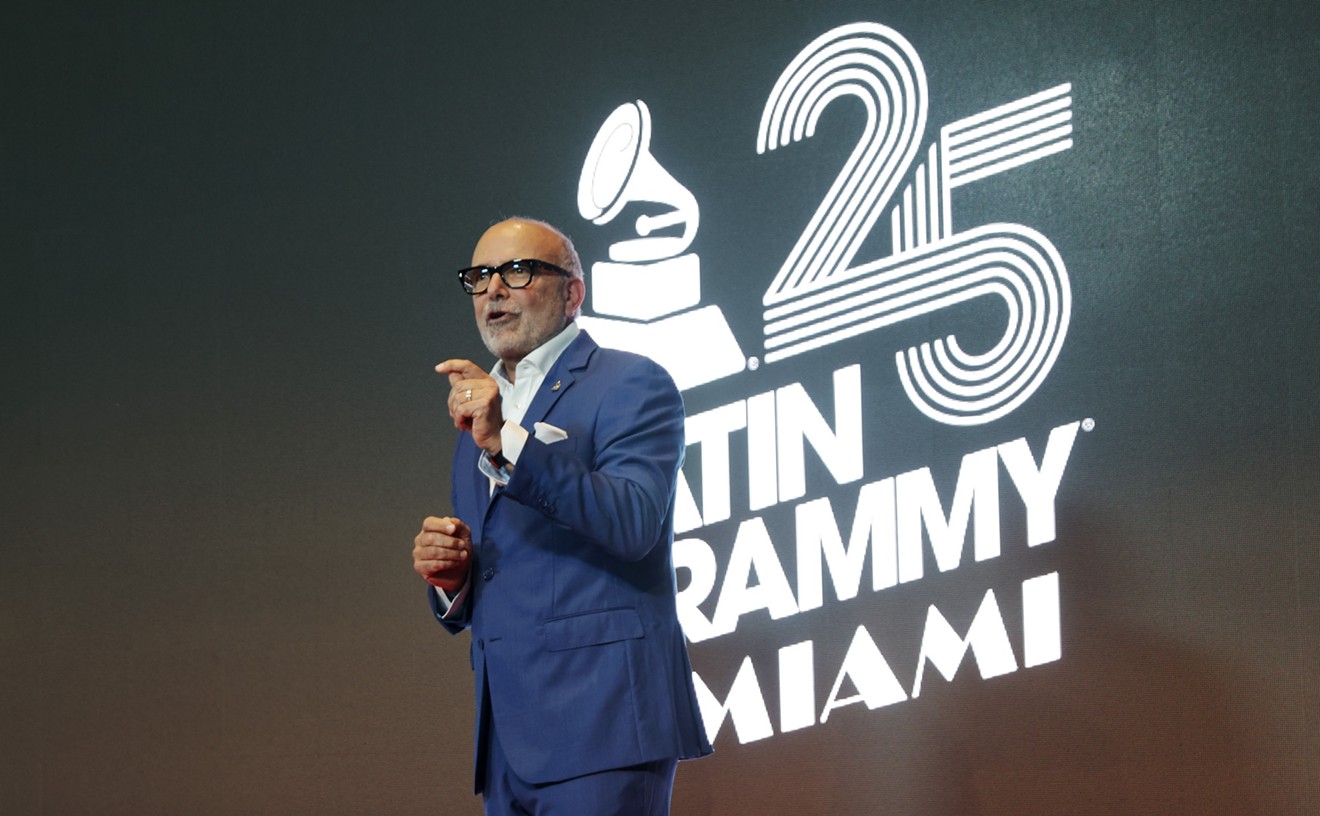Discovery is a compelling amalgam of the retro-futuristic sound of Vangelis, Seventies kitsch, and Eighties-freestyle beats, bridging the gap between "Disco Sucks" and Depeche Mode. "Aerodynamic" shoves Bootsy Collins, Afrika Bambaataa, and Moog pioneer Walter Carlos into a wind tunnel and creates a three-movement symphony in less than four minutes, and then backs into "Digital Love," which is less an ode to cybersex than a Baroque pop tune with lyrics so simple and pure they should be followed by the question "Do you like me?" and two corresponding boxes for yes and no. "Bigger, Better, Faster, Stronger" borrows some keyboard noodling the pair likely found rummaging in the garbage behind Shannon's recording studio, and then segues into "Crescendolls," which could be a cousin of Herbie Hancock's "Rockit," complete with stilted scratching. "Night Vision," one of the album's two down-tempo tracks, evidences the lush orchestral influence of Daft Punk's compatriots Air, as well as that of 10cc's "I'm Not in Love."
The best improvement Daft Punk made was to abolish those ten-minute tracks that dominated much of Homework, each song wearing out its welcome. The duo seems to have spent the four years between projects collecting hooks, which on the four-minute Discovery tracks clock in every thirty seconds or so. Even the anthemic "Superheroes," with its Giorgio Moroder synths and mad stripped-back beats, hits a peak in about 300 seconds.
Discovery is the distillation of Daft Punk's loosest Homework impulses into an essential megamix of danceable songwriting worthy of headphones, discotheque, or radio dial.










